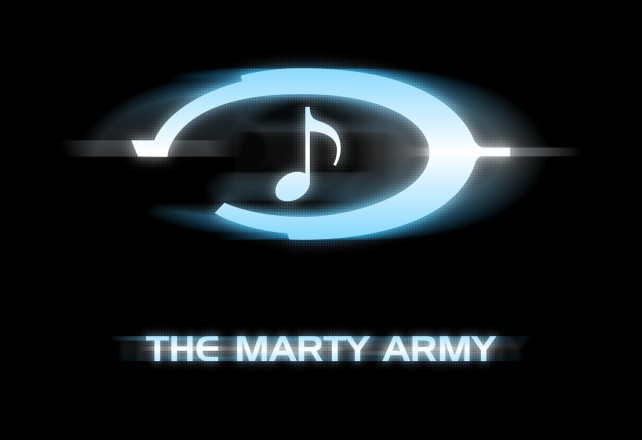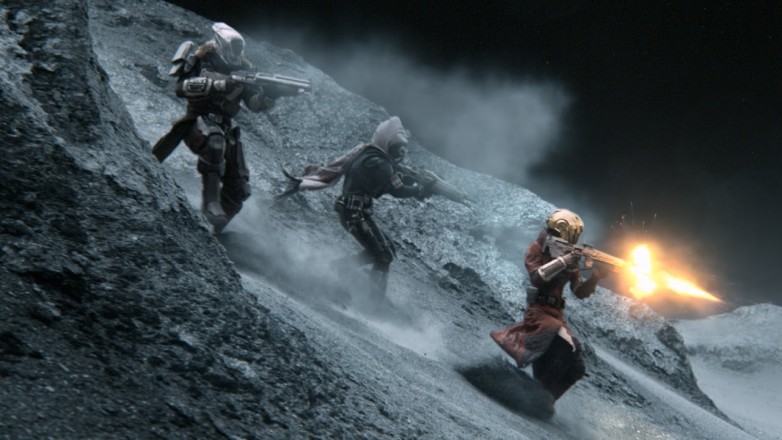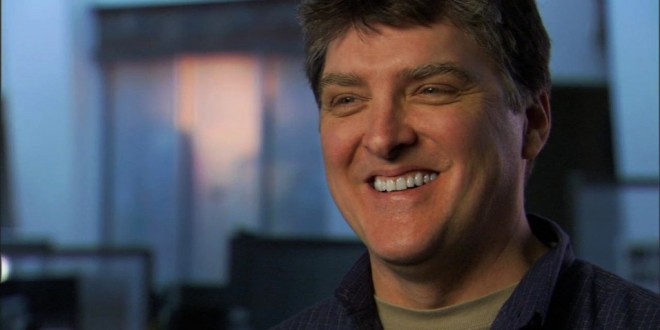Marty O’Donnell, the former composer for Bungie that was perhaps best known for his work on the soundtracks of the pre-343 Industries Halo series, has won his lawsuit against Bungie. The lawsuit was brought about when Marty was fired sometime in April 2014, 5 months before Destiny came out, and had his stock in Bungie taken away. As it was stated in the court papers (which can be found here), the “Claimant has established that Bungie breached the duty of good faith and fair dealing when it caused the forfeiture of all O’Donnell’s stock and denied him any participation in the Profit Participation Plan.”

As a result of his court victory, Bungie has to give Marty O’Donnell 192,188 shares of his stock back within 15 days and give Marty various payments (the first of which is $142,500) under the Profit Participation Plan and the Amended Services Agreement. However, Bungie essentially owns Marty’s work on Destiny, and thus Marty can not use any of his own soundtrack to upload, sell, or otherwise share.
Other information
Some facts that were established in the court case did shed some light over why Marty was fired, as well as what happened during Destiny’s development phase.
- It was suggested in 2010 that Marty should compose the score for the entire Destiny franchise. By early 2013, the music was recorded and titled Music of the Spheres. Marty considered this process to be the high point of his career. Of course, Music of the Spheres is essentially a background, and additional music pieces were to be added on as the series progressed.
- Activision didn’t want to release Music of the Spheres as a standalone work, and Bungie wasn’t making an effort to release it either, much to Marty’s frustration. Furthermore, the trailer for Destiny during E3 2013 (amusingly enough, called “the super bowl of gaming” by the court papers) was originally supposed to use music provided by Activision, until Bungie management vetoed this decision.
- Marty “threatened Bungie employees in an attempt to keep the trailer from being posted online, and interrupted press briefings” at E3. He believed that in doing so, he was “preserving Bungie’s creative process, artistic integrity and reputation, keeping faith with fans, and protecting Bungie and its intellectual property from Activision’s encroachment into artistic decisions.”

- Marty believed that there was a Band of Brothers work environment at Bungie, and that joining with Activision damaged it.
- Bungie could not prove that Marty’s actions at E3 damaged game sales in any way.
- Destiny was planned for a September 2013 release, but the story was reworked in August 2013 (which coincides with the time that Joseph Staten, the writer of the Halo series, left Bungie). Marty returned to work following a vacation at this time, but he was considered to not be engaged with his work.
- Marty believed that audio work couldn’t be completed until Destiny was in a bug free and playable state. By April 2014, other members of the audio team felt that Marty wasn’t contributing to the work as expected.
- Marty did not receive payment for his unused vacation time following his termination from Bungie.
- The Music of the Spheres soundtrack wasn’t released as Bungie management believed that it would give them leverage over Marty. Furthermore, they did not know if there was a market for the soundtrack. However, it is stated in the papers that “without O’Donnell’s unique contribution and his fan loyalty, Destiny might not succeed.”
What all this means in a nutshell

Marty was not happy about Activision and Bungie’s partnership, and protested Activision’s decisions, though this led to him losing his shares of stock in Bungie as well as him being fired. The courts stated that Marty losing his shares and not being paid is illegal.
 Load the Game Video Games, Reviews, Game News, Game Reviews & Game Video Trailers
Load the Game Video Games, Reviews, Game News, Game Reviews & Game Video Trailers



